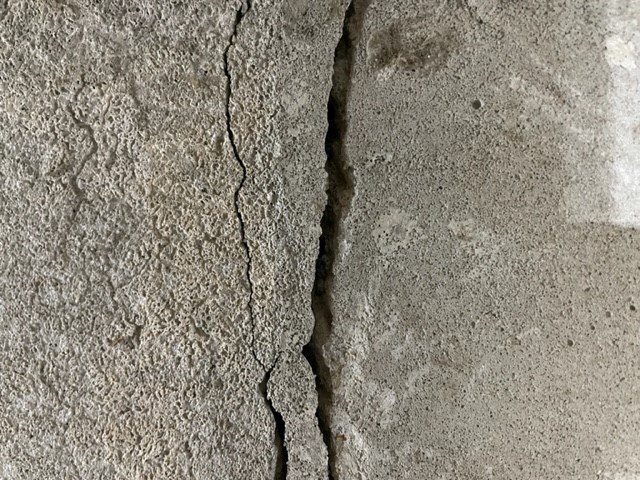When to Call a Structural Engineer for a Foundation Inspection
The foundation of your home is its most critical component, providing the stability and support necessary to keep your house standing strong for years to come. In Kansas City, where the climate can bring about unique challenges, it's essential to keep a watchful eye on your home's foundation. But when is the right time to call a structural engineer for a foundation inspection? In this guide, we'll provide you with valuable information and helpful tips to ensure your home remains safe and structurally sound.
Visible Cracks and Signs of Damage:
One of the most obvious signs that it's time to contact a structural engineer is the appearance of visible cracks in your foundation walls, cracks in your drywall, or cracks in your floors. These cracks can vary in size and severity, and they may indicate underlying structural issues.
Look for vertical cracks that are wider than 1/8 inch, especially if they are larger at the top of the crack. Horizontal and diagonal cracks may indicate that lateral movement is occurring in your foundation walls. If cracks appear to be getting larger over time, it may indicate active movement in your foundation and that a structural repair may be required.
Uneven or Sagging Floors:
If you notice that your floors are uneven, sagging, or sloping, it could be an indication of foundation problems. This issue may manifest as doors and windows that no longer close properly or gaps between the walls and ceilings.
Moisture and Water Intrusion:
Excess moisture around your foundation can lead to a host of problems, including mold, mildew, and even foundation damage. If you observe standing water in your basement or crawl space or if you notice persistent dampness, it's time to consult a structural engineer.
Signs of water intrusion might include efflorescence (white, powdery substance), mold growth, or a musty odor in your basement or crawl space.
Soil and Weather Conditions:
In the Kansas City area, expansive clay soils are prevalent and can swell when moisture is present during the rainy months and can shrink during the hot, dry summers. These conditions can affect the stability of your foundation and a structural engineer can help you with strategies to maintain soil moisture levels at your home.
After prolonged periods of heavy rain or drought, it's a good idea to have your foundation inspected if new cracking develops in your foundation or drywall, if you notice water pooling near your foundation, or if you see soil pulling away from your foundation.
Before Home Renovations:
If you're planning to undertake significant home renovations, such as adding an additional story, a room, or making structural changes, it's crucial to have a structural engineer inspect your foundation beforehand.
Altering the existing structure without addressing foundation issues can lead to costly problems down the road.
During Full Home Inspections:
When buying or selling a home in Kansas City, it's common to have a full home inspection where the inspector will look for possible deficiencies in your home. If the inspector notices any signs of foundation problems or recommends further evaluation, it's wise to consult a structural engineer for a comprehensive assessment prior to closing to ensure you will not have costly repairs after purchasing the home.
Routine Maintenance:
Regular maintenance can also help you prevent foundation issues before they occur. Inspect your foundation annually for new cracks, signs of water intrusion, doors that are difficult to open and close, grading issues, etc. If you notice any changes, a structural engineer can provide strategies to limit the amount of future movement or provide a cost-effective solution to remedy the issue.
Keep an eye out for signs of settlement, such as cracks, gaps, or unevenness.
Your home's foundation is too important to ignore, especially here in the midwest, where the climate and soil conditions can pose unique challenges. By staying vigilant and knowing when to call a structural engineer for a foundation inspection, you can protect your investment and ensure the safety and stability of your home for years to come.
Don't wait until minor issues become major problems—act proactively to keep your foundation in top condition.
We understand that potential foundation issues can be stressful, which is why we are here to help make the process as smooth as possible. Contact us at Resolve Engineering and schedule a foundation inspection by a licensed Professional Engineer so that you can ensure that your home remains stable and structurally sound and avoid costly repairs that may not be required.


